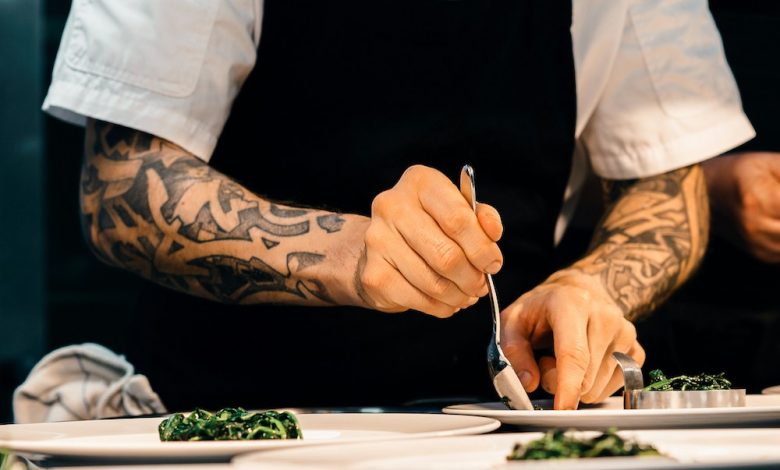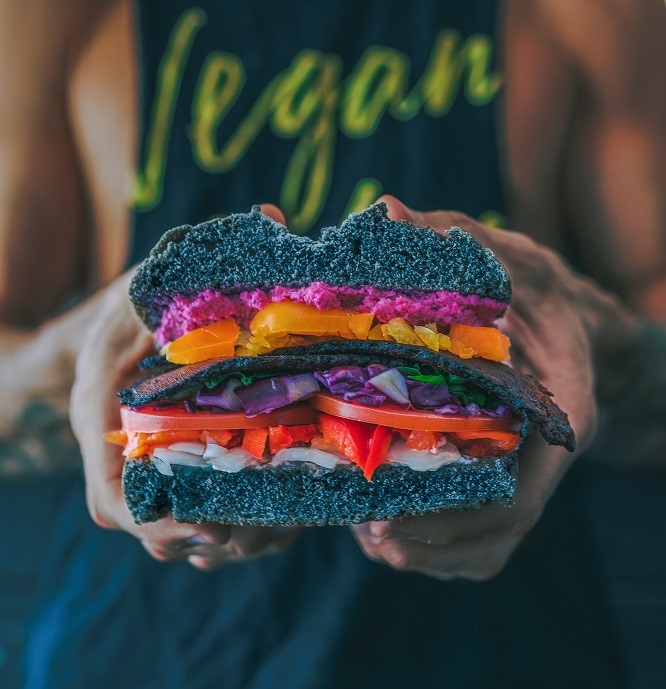
Sustainability is on the menu for Australian hospitality businesses and consumers
Lightspeed Commerce Inc has released its 2024 Hospitality Insights and Dining Dynamics report
85 percent of Australian hospitality businesses believe implementing environmentally friendly initiatives will attract more customers, according to the 2024 Hospitality Insights and Dining Dynamics report released today by Lightspeed Commerce Inc.
The sentiment of bar, hotel and restaurant owners is shared by Australian consumers with 34 percent stating that they want to see more sustainable food sourcing, this could be either with local or seasonal ingredients included on the menu.
The new summer print edition of AccomNews is out now – Read it HERE
As a result, hospitality businesses have already implemented a number of greener initiatives which include going paperless (37 percent), using recyclable cutlery and packaging (36 percent), serving organic or farm-fresh produce and offering customer incentives for using reusable products (35 percent). However, nearly half of the venues surveyed (40 percent) highlighted expense as a barrier to implementing these initiatives.
Other popular menu items with customers noted by the hospitality sector include:
- Vegan or plant-based items (65 percent)
- Gluten-free and keto options (64 percent)
- Alcohol-free beverages (59 percent)
While sustainability tallies up with what operators think customers want and what consumers say they expect, it doesn’t when it comes to vegan or plant-based items.
Lightspeed’s report found that vegan or plant-based options are a top priority for operators with 31 percent of venues incorporating it into their menus in 2024; however, only 13 percent of consumers indicated that they’d like to see more vegan or plant-based options in 2024.

AI adoption continues
Technology is supporting the hospitality industry with the vast majority of venues (91 percent) already using AI. For example, nearly half of Aussie bakeries (49 percent) are using AI to help with employee shifts and scheduling.
Businesses surveyed stated the ways in which technology was benefiting them included, saving money on overheads (39 percent), improving customer service (33 percent), and overall operational efficiency (33 percent). However, staff training and adoption (29 percent) is believed to be the biggest barrier for businesses to further optimise their tech stack.
“It’s clear to see businesses are building their foundations around two things: sustainability and AI. As they look to navigate through another challenging year, the use of AI and other technologies such as POS will help vendors save time and resources,” Andrew Fraser Managing Director, APAC at Lightspeed said.
“A shift to further tech adoption will help reduce costs and free up hospitality leaders to implement what customers are expecting from them”.

Generative AI
Cost of living crunch
Lightspeed’s report found that the cost of living crisis is still impacting both hospitality businesses and consumers alike. 37 percent of restaurants, bars, and cafes have had to change menu items. 35 percent have had to change or re-negotiate with suppliers and 32 percent stated they had to let staff go with inflation levels affecting the sector.
Prices have also had to rise with 29 percent of venues revealing they have raised prices by 27-39 percent compared to the previous year.
For consumers, tipping culture remains low with the cost of living crisis still in full swing, 68 percent of consumers stated they have not tipped anything on their hospitality bill this year. Surcharges remain a contentious issue with 17 percent of Aussies saying they feel very annoyed when they see a surcharge on their hospitality bill. Interestingly, this annoys the higher earners more with those earning between $90,000 and $130,000 being most likely to feel very annoyed (21 percent).
Despite tough economic conditions, 37 percent of consumers are still eating out at least once a week with men (45 percent) more likely to eat out once a week than women (35 percent). Men are also twice as likely to drink out once a week or more than women (30 percent vs 16 percent).
Fraser added, “Our findings highlight the consumer expectations that hospitality businesses in Australia need to be aware of. Crucially, these expectations are not just centred around a product or service standpoint, but factors such as sustainability initiatives, which will play a key role in attracting and retaining customers.
“Serving excellent food and drink is important but businesses must not underestimate the wider ethical practices that today’s customer judges a venue on.”

AccomNews is not affiliated with any government agency, body or political party. We are an independently owned, family-operated magazine.






